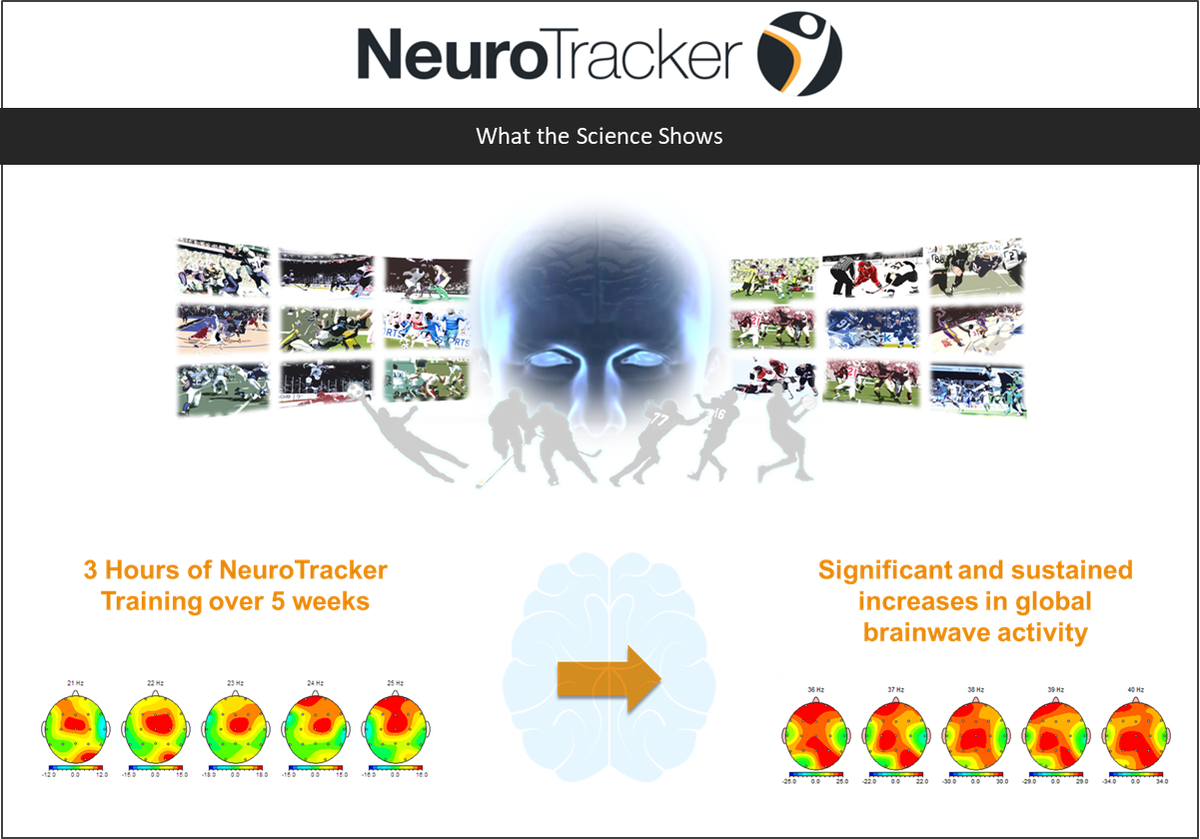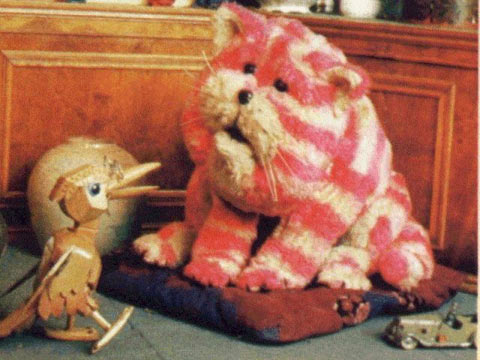

Treating the disease through lifestyle changes The person is then asked to come back at regular intervals to track their memory over time. That will then give us a baseline indication of where your memory is and we compare to other people in your age range and according to gender and ethnicity and other demographic factors," Kaplan explained. If you are impaired in any way, then what we find that you will spend an equal time looking at both images, and that’s because the original familiar image wasn’t properly imprinted and stored. "If you have properly imprinted those images onto your hippocampus, then you will actually spend the majority of your time looking at the novel image, because you’ve never seen it before, it’s really fascinating to you, you want to understand and imprint it.

About midway through the test, it will start displaying one of the images that the person has already seen before along with a new image, tracking where the person is looking and collecting data around what they are about curious, what they find interesting and where they focus their attention. The way that the Neurotrack diagnosis works is that it uses a simple interface on a phone, laptop or iPad, which will track eye movement and see what images a person is responding to. The test displays pairs of identical images, which a person with a healthy hippocampus will then imprint and store. So, we actually use that to track what’s called recognition memory, which is the first memory process to be affected by Alzheimer's," said Kaplan. It’s a biological preference that has helped us survive as a species.

"The science behind our tech is that, as human beings we are all born with this instinctive biological preference or desire to visually seek out novelty in our environment. He had also developed technology to use eye tracking to assess impairments of the very first memory process that’s affected by Alzheimer's disease. In attempting to tackle the diagnotic side of the problem, Kaplan met her co-founder, Stuart Zola, who had led the team that mapped the entire human memory system, and as part of that, had discovered that Alzheimer's begins in hippocampus. So, it’s no big surprise that it’s hard to get a definitive diagnosis," Kaplan explained. On top of that, you can test a certain way one day and then the next day test for it differently. are different than the tests that are given on the west coast. "The challenge with having a pen and paper test is that it’s deeply impacted by lots of different things like levels of stress, how much sleep the person got the night before, where the test is being delivered, and we’ve that found tests given on the east coast in the U.S. Part of the problem that she found was that the diagnosis of Alzheimer's was being done in what are known as "pen and paper" tests, which she describes as "cognitive tests that are very course measurements of someone’s memory and cognition." That began with my grandfather on my father’s side, who was a physician himself, and then it struck again on my mother’s side of the family a couple of years later and nothing had changed," Kaplan told me in an interview. "I had two grandparents who died from Alzheimer's disease and, even though I came from a family of doctors, where we felt like we ought to be able to get the very best information around a clear diagnosis and then, certainly, a treatment plan, we had a really, really challenging time. This new funding brings the company’s total funding to date to more than $50 million, including over $3.5 million in grants from the National Institutes of Health and a fast-track grant worth up to $3.3 million from the National Institute on Aging. The round was led by existing investor Khosla Ventures, with new strategic investments from Dai-ichi Life and SOMPO Holdings, and participation from existing investors Sozo Ventures, Rethink Impact, and AME Cloud Partners.
#Neurotracker tv shows series#
On Monday, the company announced that it raised $21 million in Series C funding. Yet, as anyone who has had family or loved ones struggle with the disease knows, diagnosis and treatment still have a very long way to go.ĭealing with the disease in her own family is what led Elli Kaplan to found Neurotrack, a company whose mission it is to to better diagnose and treat people who are suffering from dementia. The company uses eye tracking to determine if images are being stored in the hippocampusĭementia, and more specifically Alzheimer's disease, is a big and growing problem there are an estimated 50 million people around the world living with Alzheimer's right now, and that number is expected to rise more than 130 million by 2050.


 0 kommentar(er)
0 kommentar(er)
